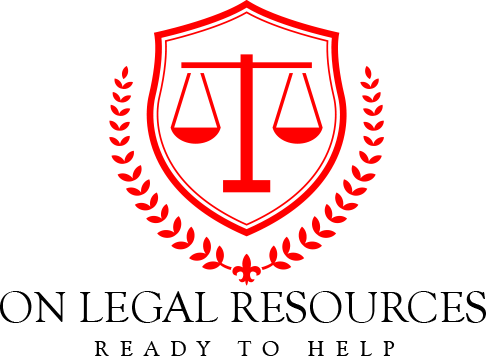Estate Planning Strategies to Protect Your Assets and Your Loved Ones
February 14, 2024
Benjamin Franklin once famously stated that “nothing is certain in this world except death and taxes.” However, you can make both of these inevitable events more manageable for your loved ones by utilizing estate planning techniques to safeguard your assets. This will allow your family to enjoy your assets after your passing while avoiding excessive estate and income taxes.
Estate planning involves more than just drawing up a will. It also involves preparing for unforeseen circumstances that may arise while you are still alive but may require assistance with your care. An estate planning attorney can assist you in determining the documents you need to safeguard your assets. Additionally, the attorney will help you identify your beneficiaries and the best way to provide for them according to your unique wishes.
Prepare Your Will
When you create a will, you can leave specific assets to certain people you name as beneficiaries. After you pass away, the will is submitted to the probate court, where the legal process of probate begins. During probate, the court ensures that any debts you owe are paid off and that your assets are distributed to your named beneficiaries in accordance with your wishes. However, this can be a time-consuming and expensive process.
Probate documents and court hearings are open to the public. Your beneficiaries do not receive the assets you left to them until the close of probate. While wills are a popular way to plan for your estate, there are other methods and tools at your disposal that can help you avoid probate and allow your assets to be transferred directly to your beneficiaries upon your passing.
Establish a Revocable Trust and Avoid Probate
There are a variety of trusts available, but one type that benefits both you and your heirs is a revocable trust. With this type of trust, you transfer ownership of your assets to the trust. This means that you no longer own the assets but the trust itself. You then assign a beneficiary to each item. You also select a trustee — someone you trust to have the power to transfer assets. You can even choose to be the trustee, which means you still have control over your assets, but the trust is technically the owner.
When you pass away, your assets are not subjected to probate but are directly transferred to the beneficiaries you have named. This process provides tax benefits to your heirs while enabling them to avoid the often time-consuming and expensive probate process.
Make Sure Your Beneficiaries Are Up-to-Date
Like most people, you likely have multiple accounts with specific beneficiaries named. But did you know that these beneficiaries will automatically inherit the account’s assets or receive instant access to the account upon your passing? Here are some examples:
- Bank Accounts: When you open the account, you generally are asked to name a beneficiary who will have immediate access to your account in the event of your passing.
- Retirement Plans: This includes 401(k)s, IRAs, and any other type of retirement plan you have chosen.
- Life Insurance Policies, any payable-on-death account, or any property you own with another person.
Periodically review these beneficiaries to ensure they align with your other estate planning documents.
Useful Documents to Have if You Become Incapacitated
Estate planning also includes planning for what happens to you when something unexpected happens, such as an accident or an illness. Some examples are:
- Medical Power of Attorney: This document enables you to appoint a trusted individual to make critical healthcare decisions if you become incapacitated and cannot make them yourself.
- Financial Power of Attorney: This documentation assigns someone you trust to take charge of your financial matters when you cannot do so yourself.
- Advance Directive: This states what type of end-of-life care you want to be provided.
There are a variety of strategies and tools at your disposal to ensure your after-life wishes are honored. Consider seeking guidance from an estate planning attorney to ensure you possess all the necessary documents and have utilized the most effective strategies for your unique situation. This will help to ensure that your legacy is preserved per your desires.
